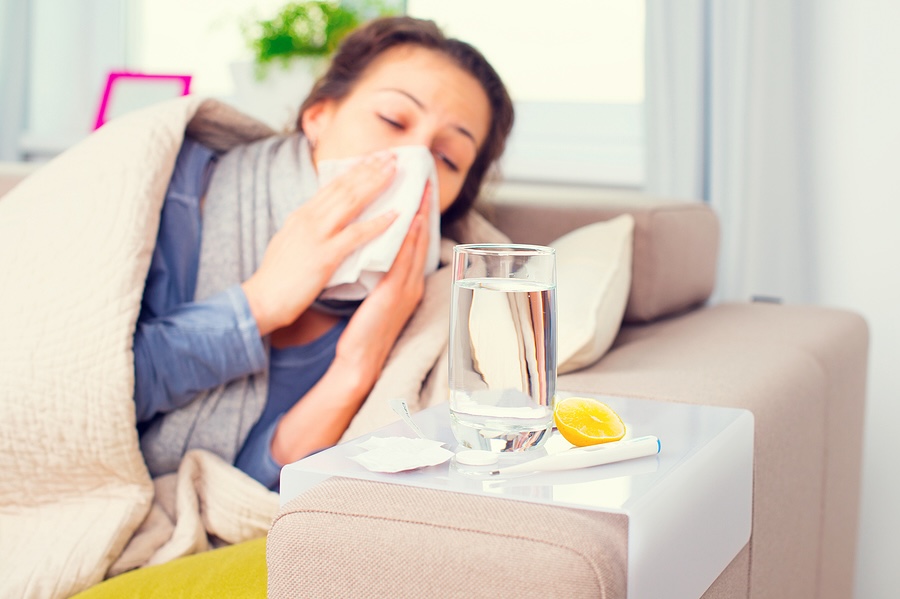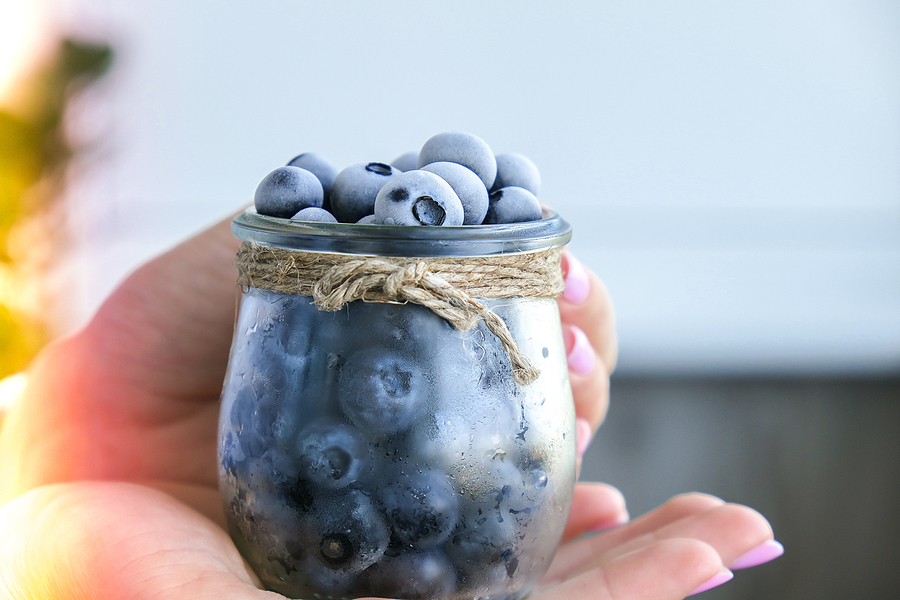Updated: 01/07/2024
“I just got Covid for the second time, and it knocked me out! I couldn’t think straight, and I was so exhausted I could barely get out of bed,” my friend Jessie said when I called to see how she was doing.
I could relate; I also recently had Covid, and the exhaustion and brain fog really slowed me down as well.
It’s been nearly four years since the beginning of the Covid-19 pandemic. While the major crisis has passed, and less people are dying from the disease, hundreds of thousands of cases are still reported around the world daily, and new variants continue to emerge.
And then there’s influenza, RSV, pneumonia, and so many other viruses that can make you feel lousy and disrupt your life.
At the height of the pandemic, people were vigilant about hand washing, masking, and staying home when they felt ill. Now that life has returned to “normal” and guidelines have relaxed (the current CDC guidelines say to isolate for five days, and mask for another five if symptoms have subsided), it may feel harder to follow best practices.
I’m hopeful that we’ve all learned something from the pandemic, and realize how important it is to take care of ourselves – and those around us.
In this article, I’ll revisit some guidelines for helping stop the spread of viruses, then give you some tips on how to keep your immune system healthy and strong.
General Guidelines for Staying Well
While it is difficult to prevent all illnesses, with some simple steps you can protect yourself, and reduce the chances that you’ll spread illness to others.
- Wash your hands with soap and water for at least 20 seconds at a time, regularly, or use hand sanitizer if unavailable.
- Cover coughs and sneezes, and avoid touching your eyes, nose, and mouth.
- If you’re not feeling well, stay home and rest, unless your condition requires emergency medical care.
- Stay on top of local, public health guidelines – and follow them.
Give Your Immune System a Natural Boost
Whatever the virus, your best protection is a strong, healthy immune system. Your overall health depends on your immune system functioning properly. That’s why maintaining a healthy immune system should be our goal all the time – not just when you start to feel sick.
The good news is, there are a number of steps you can take right now to naturally boost and support your immune system.
Prioritize sleep. When you don’t get enough sleep, your immune system weakens. But a good night’s rest can work wonders in keeping it functioning well. If you aren’t sleeping at least seven to nine hours each night, adjust your schedule so that you can. Your body needs this time to rest and rejuvenate.
Practice meditation and/or other mindfulness techniques. Meditation has been shown to help with sleep, and can help keep you feeling calm and stress-free, which is important to a healthy immune system.
Get regular, moderate exercise. Exercise helps with immune system function, but don’t overdo it – you don’t want to run yourself down. Especially if you are just starting to move more, find gentle, moderate forms of exercise that make you feel good. Even ten to fifteen minutes a day can make a big difference!
Consider supplements that help with immune function. Vitamin D is one of the most important nutrients for the immune system, and the majority of adults in the US have insufficient levels. Vitamin C also helps to support a healthy immune system, and can be found in high levels in citrus fruits, peppers, berries, and tomatoes as well as in supplement form. Other supplements and herbs that may help to support healthy immune system function include fish oil, Vitamin A, probiotics, zinc, licorice root, and oregano oil. Be sure to speak with your health care practitioner prior to introducing new supplements, to be sure they’re right for your unique situation.
Eat nourishing, immune boosting foods like homemade chicken soup, garlic, and ginger. Make sure to include lots of fresh, colorful fruits and vegetables that are filled with antioxidants and other powerful nutrients to support immune function.
Try fermented foods, and include ingredients with antiviral properties like coconut oil, ginger, garlic, oregano, pomegranate, and apple cider vinegar.
Stay hydrated. Few people drink enough water to truly be well-hydrated. But it’s incredibly important for your health. If you need to switch it up for variety, try herbal teas, seltzer with fruit, or powerful, immune boosting bone broth.
Avoid sugar and processed food products. Eating simple/refined sugar significantly lowers immune system function within 30 minutes, and the effects can last for hours. Avoiding sugar is one of the best ways to keep your immune system healthy and powerful.
Practice stress management. Whether it’s yoga, meditation, nature walks, or bubble baths, find ways to care for yourself and reduce or manage stress. Stress lowers immune system function and makes us more likely to get sick. Remember that self-care is not a selfish act! Keep in mind that you can’t pour from an empty cup.
I am hopeful that we all learned something from the pandemic. It should have been a wake-up call and an opportunity to take collective action when it comes to the health of our population and of ourselves.
The troubling reality is that roughly 6 out of 10 Americans have at least one diagnosed chronic disease. That puts us at higher risk for complications from Covid-19 and any virus. We learned a lot during the pandemic, and I saw people coming together to start addressing the wellbeing of our communities. I hope that continues!
Boosting your immune system won’t eliminate the spread of viruses, but it can help to lower your personal risk and the risk for those around you. And the more individuals who take steps to support immune system function and optimal health, the healthier and better equipped we will become as a nation.







